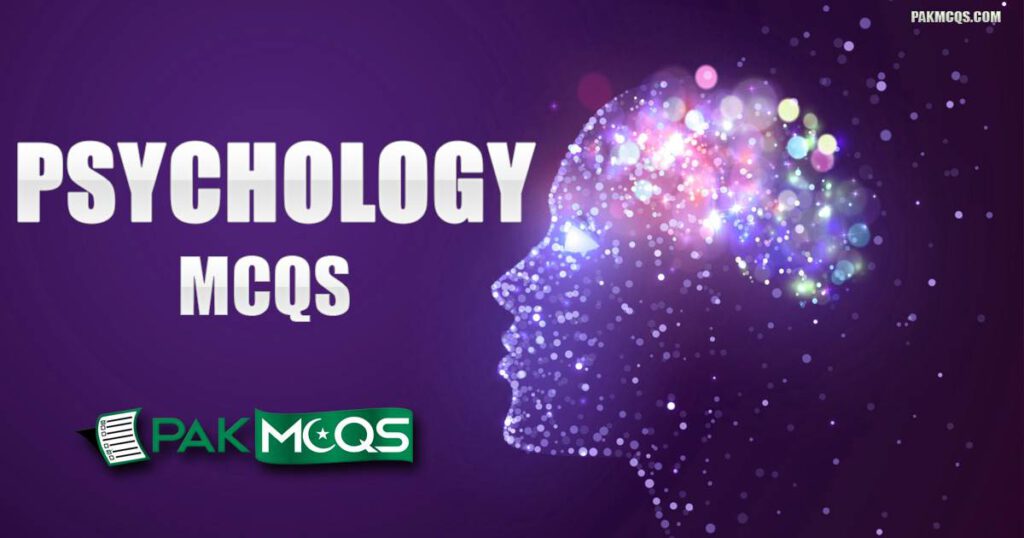A. functional psychosis
B. paranoia
C. general paresis
D. senile dementia
Psychology Mcqs
Psychology Mcqs for Preparation – These Multiple Choice Questions are important for Lecturer Psychology, Clinical psychologist, Counselling psychologist, Educational psychologist and Forensic psychologist Jobs tests. Psychology Mcqs questions are very important for all type of exams conducted by Fpsc, Nts, Kppsc, Ppsc, Spsc, Bpsc, Ots, Uts, Pts, Cts, Ats, etea and other testing agencies of Pakistan.
| PSYCHOLOGY MCQS | |||
|---|---|---|---|
| 1. Introduction to Psychology | 2. Emotions | ||
| 3. Therapy | 4. Memory | ||
| 5. Intelligence | 6. Infancy And Childhood | ||
| 7. Health Psychology | 8. Forensic Psychology | ||
| 9. Branches of Psychology | 10. Attitudes, Attributions And Social Cognition | ||
| 11. Adolescence And Adulthood | 12. Abnormal Psychology | ||
| 13. Social Psychology | 14. Sensation And Perception | ||
| 15. Research Methods | 16. Psychology Theories | ||
| 17. Psychological Disorders and their Treatment | 18. Personality | ||
| 19. Organizational Psychology | 20. Nervous System | ||
| 21. Motivation | 22. Methods and Approaches | ||
| 23. Methodology | 24. Major Thinkers in Psychology | ||
| 25. Learning | 26. Language And Thought | ||
| 27. Interpersonal Relations And Group Processes | 28. Industrial Psychology | ||
| 29. Educational Psychology | 30. Developmental Psychology | ||
| 31. Criminal Psychology | 32. Coordination | ||
| 33. Cognitive Psychology | 34. Biological Foundations of Behavior | ||
| 35. Miscellaneous Psychology | 36. | ||
A. Cognitive behavioural therapy
B. Computerized brain tomography
C. Complete behavioural therapy
D. Comprehensive brain therapy
A. use counterconditioning to reverse maladaptive behaviors
B. help you discover the underlying cause of your aggressive behavior
C. help you recognize and change negative thoughts and maladaptive beliefs
D. provide a supportive emotional environment while allowing you to determine the pace and direction of your therapy
A. a client should play a major role in determining the place and direction of their therapy
B. the client is in position of natural status and authority over the therapist
C. therapist should never give their diagnosis directly to the client
D. client should always be the center of attention
A. After one panic attack
B. When one gets scared in a new situation
C. When it scares you
D. After numerous disabling panic attacks
A. physical or psychological abuse
B. being cut off in rush hour
C. smoking drinking/drugs
D. fever
A. Major depression
B. Scrupulosity
C. Checking
D. Repeating
A. In early childhood
B. At puberty
C. After a head injury
D. During adolescence
A. Hair pulling
B. Excessive need to check
C. Excessive swearing
D. Grinding one’s teeth
A. Dysthymia
B. Major depression
C. Bipolar disorder
D. Psychotic depression


